Parenting Concerns
What If My Child Has Depression?
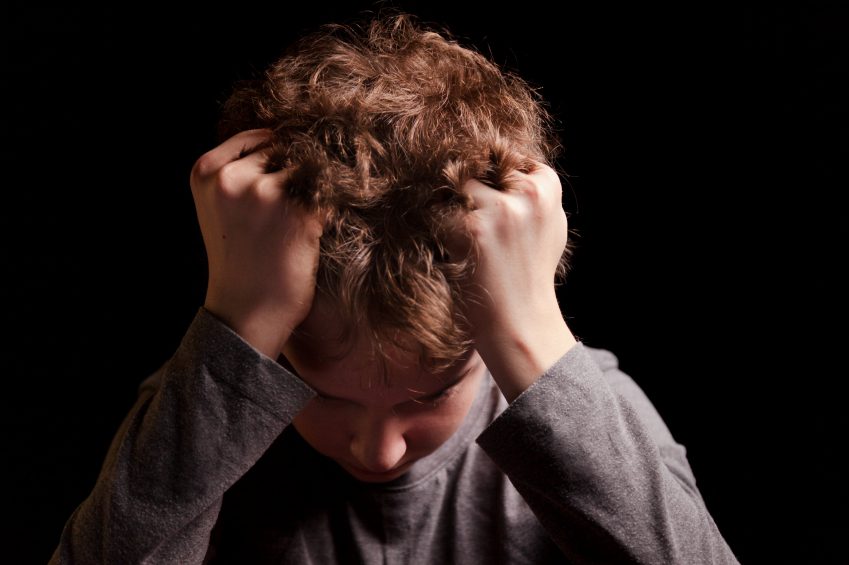
What is child depression, and when should you worry about it in your child or teen? See more, below.
Este artículo está disponible en español.
Print out a summary of this article.
“Depression” is a funny term.
What If My Child Has an Anxiety Disorder?
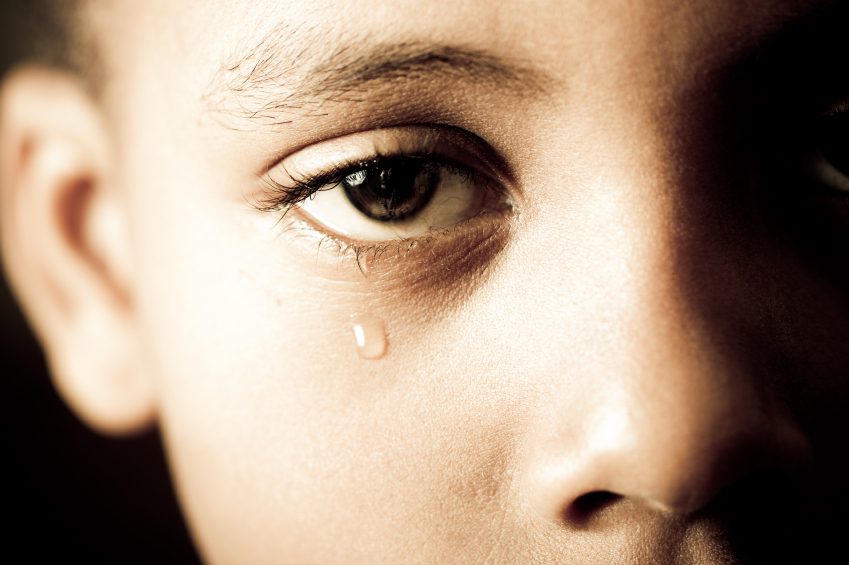
Seth just started driving, and he’s doing pretty well. The written test was a breeze, and on the streets around his house he feels comfortable. He even volunteered to drive his little sister to the mall.
Suicidio en Primavera: ¿Una Combi-nación (Im)probable?

Todos sabemos que los intentos de suicidio, la ideación suicida e incluso la tragedia de morirse por suicidio aumentan durante los días festivos de invierno.
Es algo que damos por hecho. Está en toda la prensa, está en la cultura popular.
Low Self-Esteem: Where Does It Come From and What Can Adults Do to Help?

You can also listen to more about self-esteem below, or ‘Shrinking It Down’ wherever you get your podcasts.
Download our PDF on Low Self-Esteem
Let’s consider two adolescent scenarios.
Manejo de la ira: cómo ayudarlo a usted y a sus hijos a mantener el control
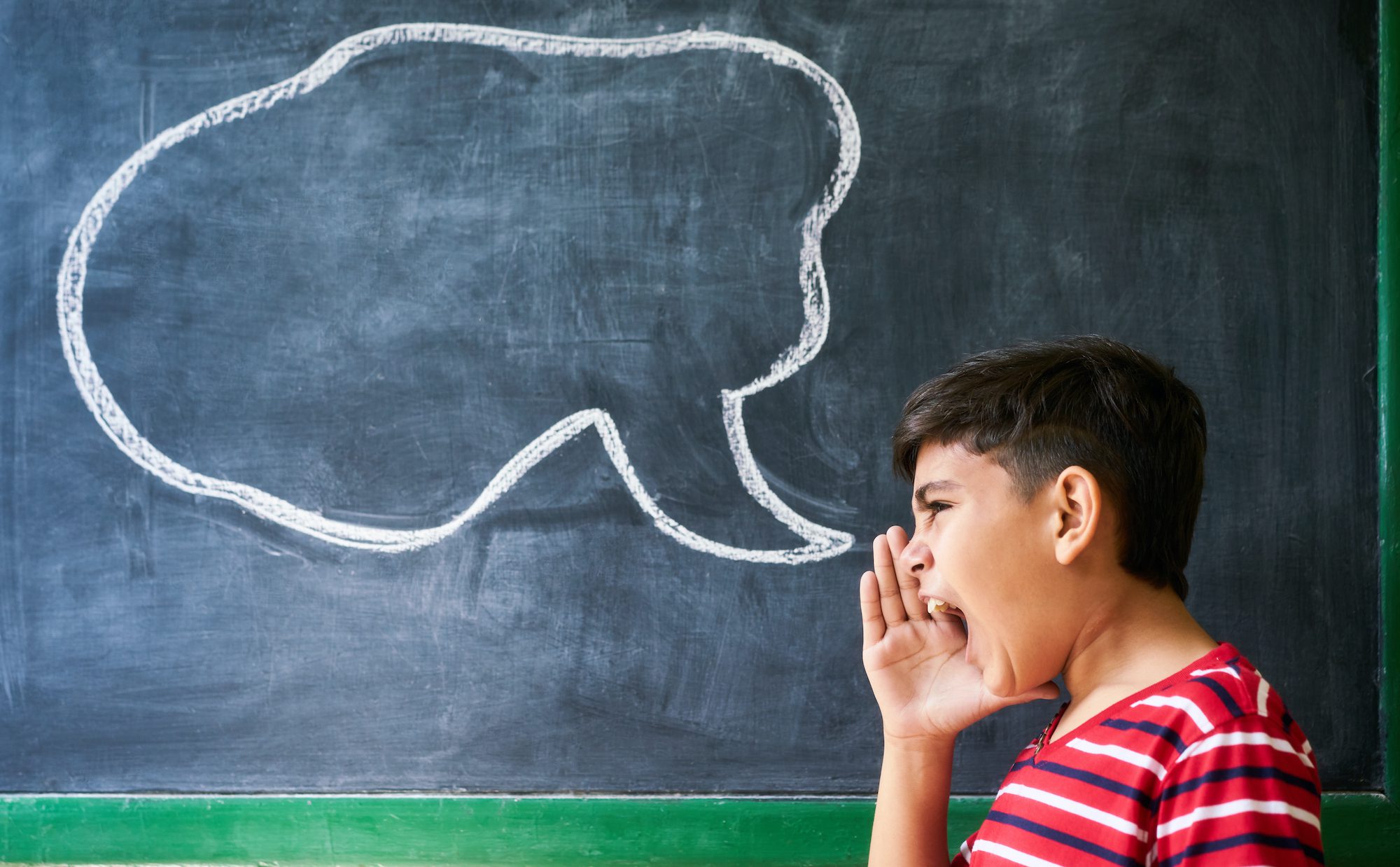
Todos se enojan de vez en cuando, tanto los padres como los niños.
La ira es una emoción normal que forma parte de la respuesta de “lucha o huida” . Esto significa que es una emoción que nos informa que algo en nuestras vidas es amenazante, frustrante, perturbador o injusto.
P + R: Una vez que haya descubierto que su hijo adolescente está usando Marihuana y lo haya confrontado, ¿cuál es el siguiente paso que se recomienda?
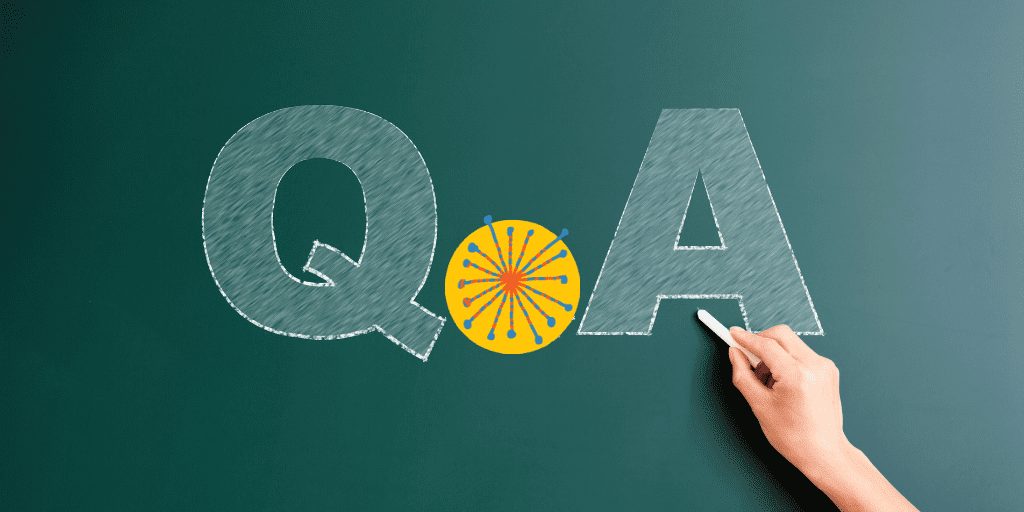
No es inusual descubrir de una forma u otra que su adolescente está consumiendo alguna sustancia. Las sustancias más comunes son el alcohol y la marihuana. Si bien esta pregunta es sobre la marihuana, tengamos en cuenta que el uso de cualquier sustancia es preocupante en un niño.
El impacto del divorcio: todos los niños solo tienen una niñez
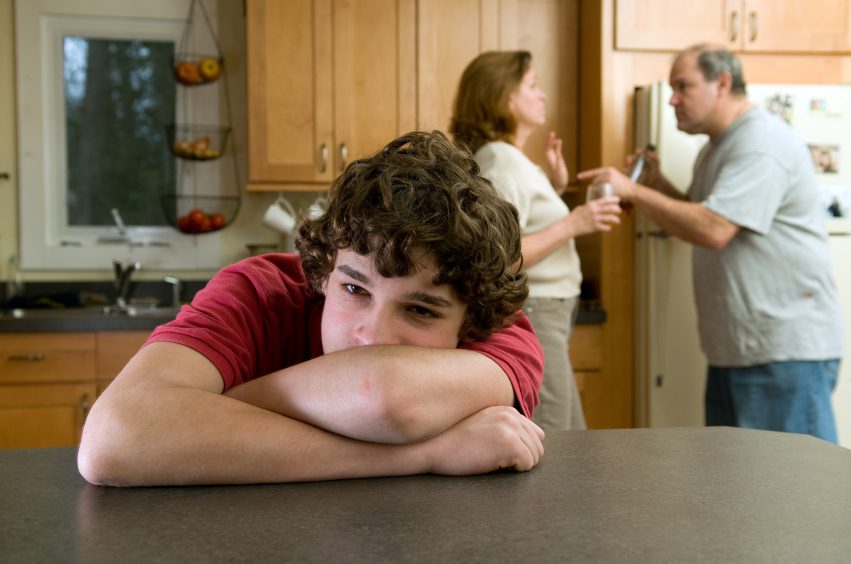
Navegar por el divorcio es un problema y una responsabilidad de los adultos. Sin embargo, con demasiada frecuencia los niños se ven atrapados en el fuego cruzado del conflicto matrimonial de sus padres.
Durante un divorcio, es comprensible que los adultos se vuelvan ensimismados.
Is Your Child Struggling With School Refusal? – Shrinking It Down
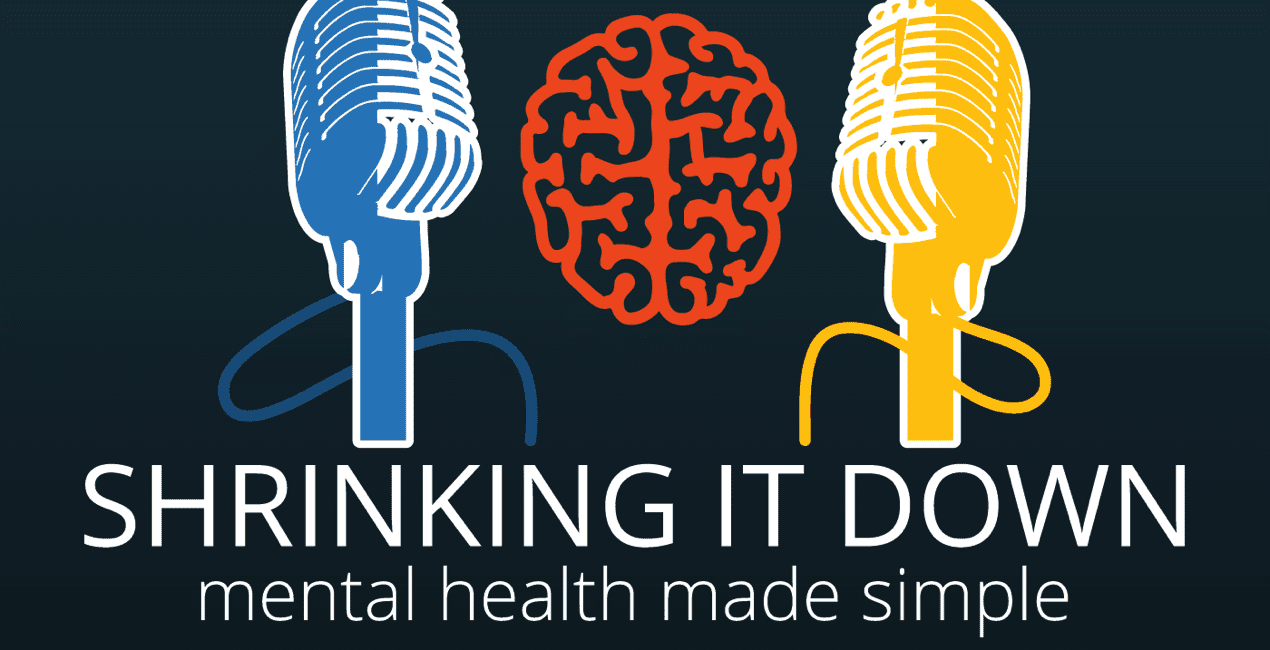
Does your child get stomachaches at the thought of going to school? Does your younger child throw temper tantrums? Does your teenager spend all day in the school counselor’s office, or even refuse to leave the house? When kids struggle to go to school, it can be a challenging situation.
预防自杀:如何帮助您的孩子

预防自杀:如何帮助您的孩子 –下载 PDF
Read this article in English on the MassGeneral for Children website.
Supporting Your Child in the Face of Trauma
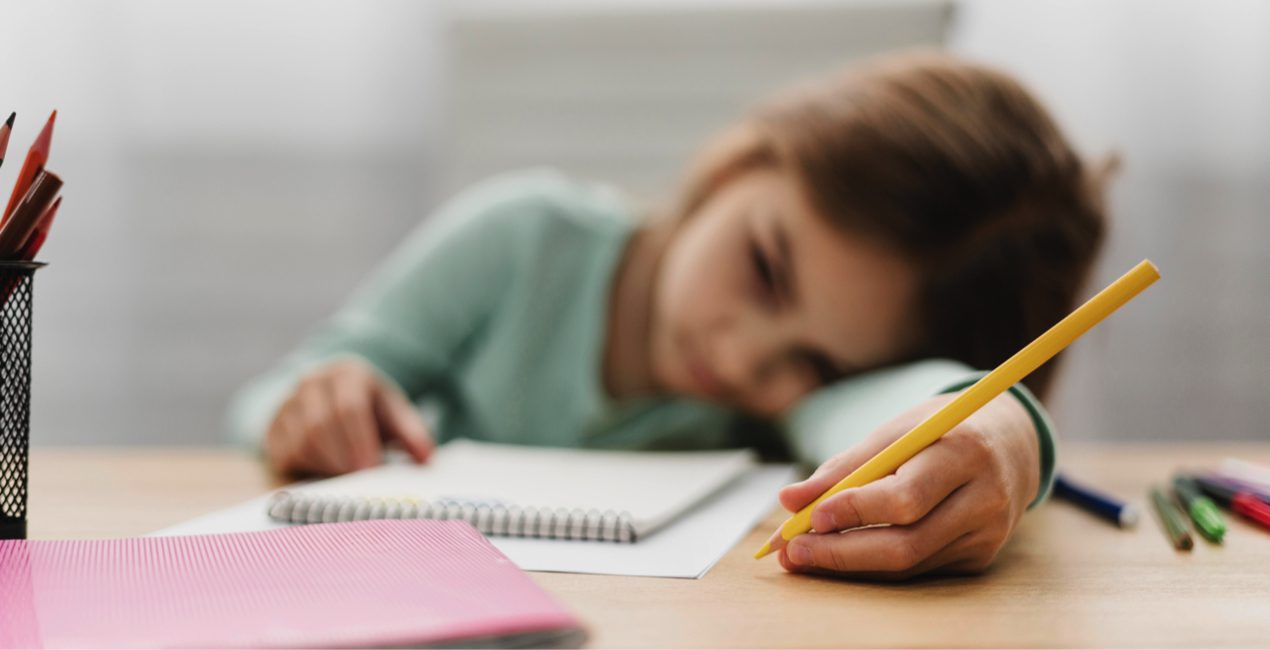
Este artículo está disponible en español.
Trauma Support PDF
As noted in Trauma: What Parents Should Know, trauma is a physical and emotional reaction to a real or perceived threat to safety and security.




